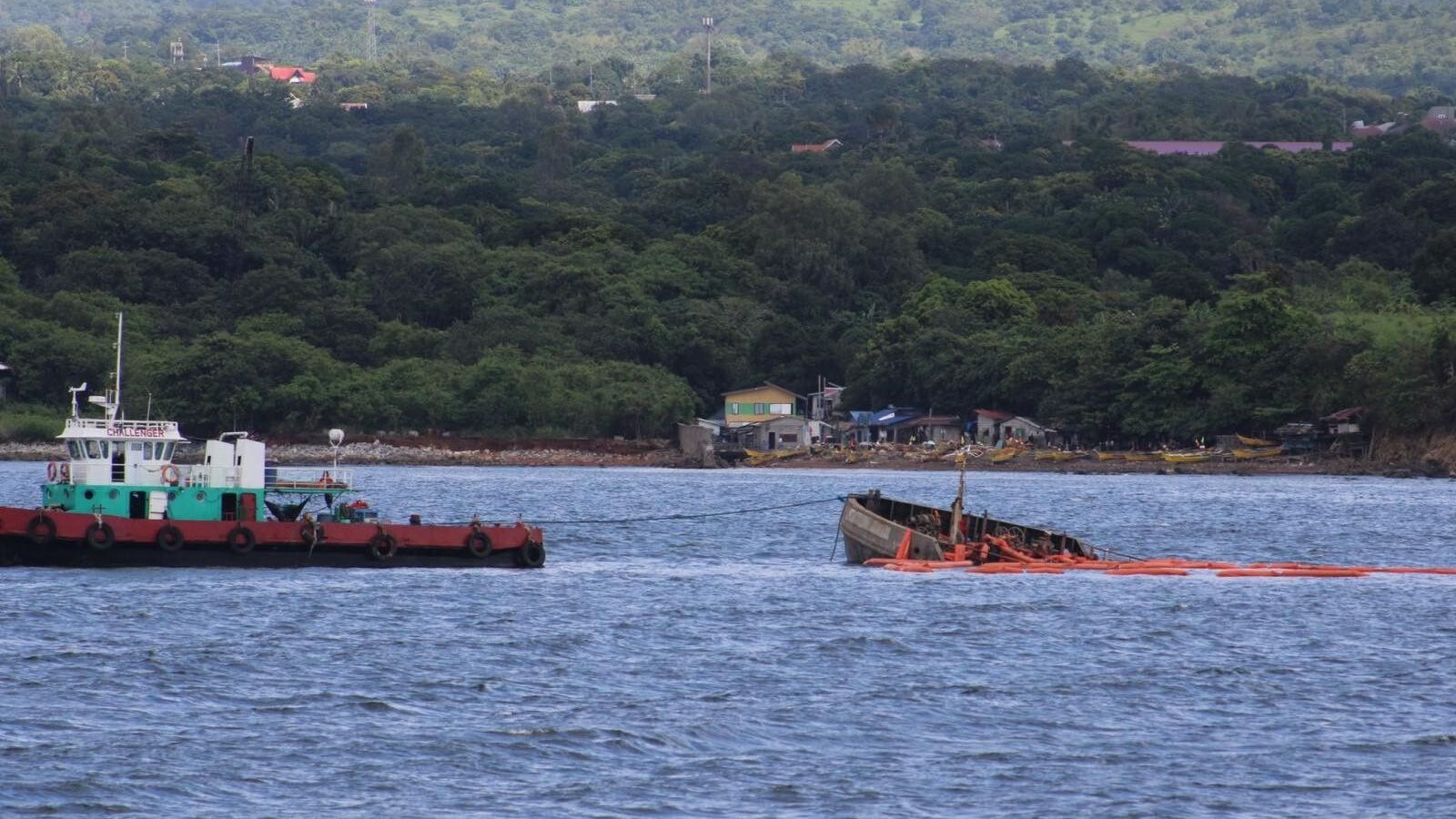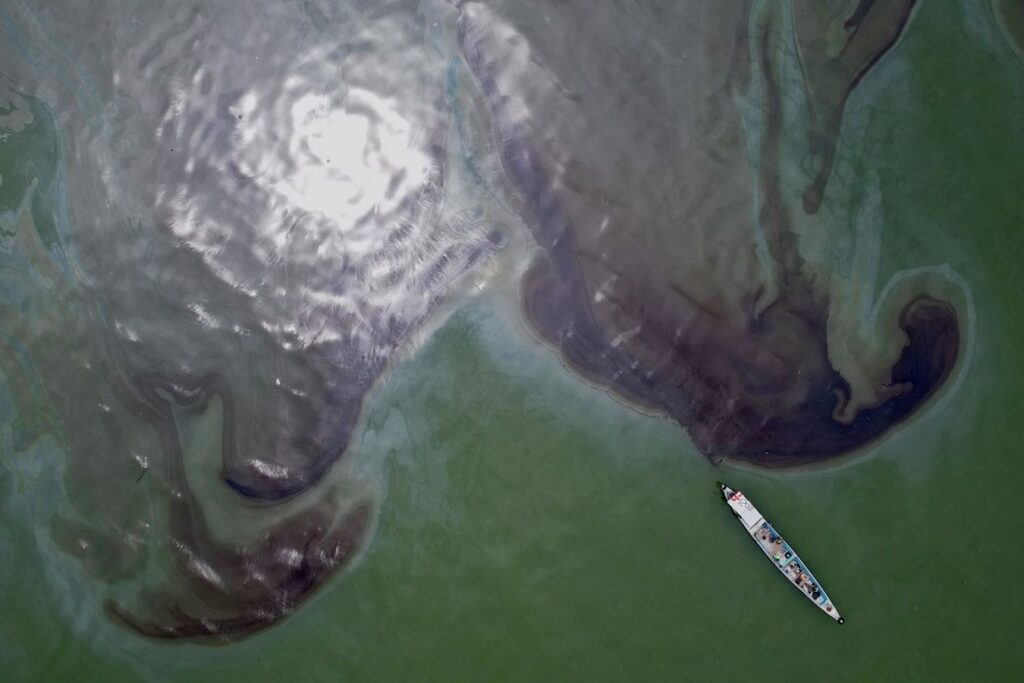Environmental Disaster Strikes Bataan
Gabrielle Niña Habana | The OLPSian Times

The coast of Limay, Bataan lies northwest of Manila Bay. Its waters were teeming with different sorts of fishes, with sardines and mackerels being the most abundant species caught by our local fishermen.
However, this once lively ecosystem that supported their lives were marred by an environmental disaster.
On JULY 25, 2024, around 1:10 AM, the MT Terra Nova capsized in rough seas. The vessel carried approximately 1.4 million liters of industrial fuel and encountered complications after setting out the previous night because of the harsh weather conditions left by Super Typhoon Carina.

This crisis has severely impacted marine life according to an update from OCEANA, ‘
[…] The Oil spill can smother, suffocate, and kill the important mangroves, coral reefs, and seagrass beds in Manila Bay. […] The destruction of these habitats leads to long-term ecological damage for years to come and puts the coastal nation at further risk from increasing storms.’
OCEANA
The Department of Agriculture-Bureau of Fisheries and Aquatic Resources (DA-BFAR) has been monitoring the situation in the fishing areas that were possibly affected by the oil spill and ongoing fish sampling is being carried out in the impacted regions in Central Luzon, CALABARZON, and National Capital Region (NCR) for sensory evaluation, to make sure that the seafood from those areas are free from any contamination and safe for people to eat.
Some degree of tainting with petrochemicals was detected in the samples gathered from Novelta and Rosario in Cavite. On the other hand, samples from Tanza City, Cavite, and Naic were free from petrochemical contamination at the time of testing.
Nevertheless, the Bureau has deemed that fishes that were caught from where oil slicks are monitored are not safe for human consumption as a preventive measure.
While these measures are important for protecting public health, they also have dire consequences for the local fishermen who rely on these waters for their income. They have reduced catches and difficulties in selling their fish, regardless of the amount that they harvest, due to decreased demand. According to a statement covered by The Reporter’s Notebook, local fisherman Romar Carpon Estrada from Limay, Bataan said,
“Luging-lugi po talaga. Ang gasolina mataas tapos yung isda po namin… Eh, ayaw na nila bilhin. Napilitan po kaming ibenta sa mas mura at mababang presyo…”
Romar Carpon Estrada via Reporter’s Notebook/GMA Public Affairs
The oil spill not only disturbed the delicate marine ecosystem but also highlighted the urgent need for disaster preparedness when it comes to maritime operations. Local authorities and environmental groups are working to contain the damage.
In conclusion, this disaster serves as a blunt reminder of how vulnerable our coastal communities can be, the need to protect our natural resources, and that we need protocols and effective response strategies to at least minimize the damage.
Moving forward, it is also imperative that we stay alert and work together to avoid such crises and ensure a healthy environment for all and safeguarding the welfare of God’s creation.

